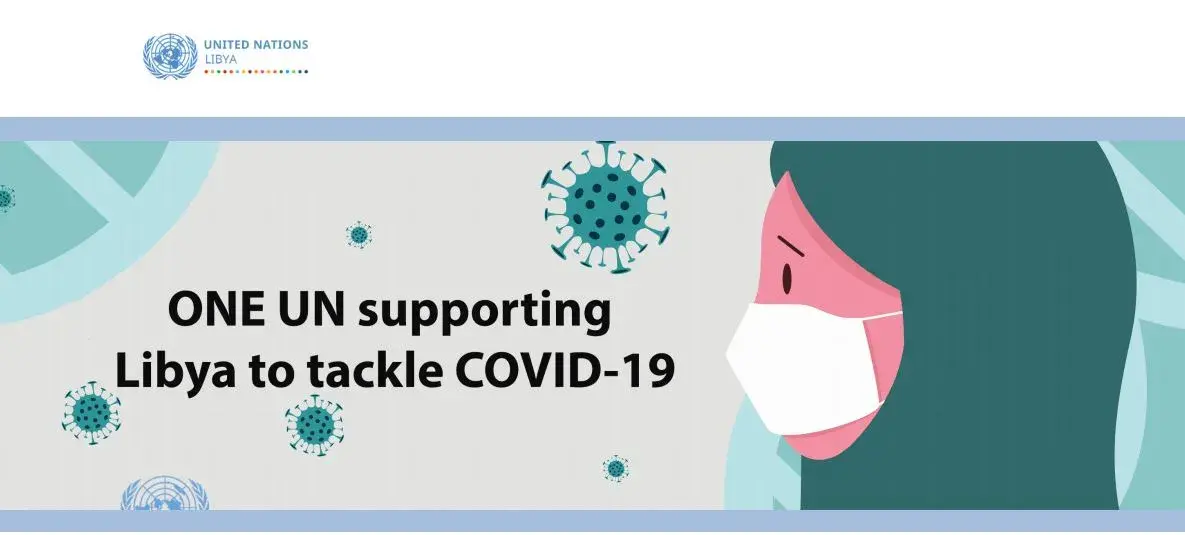In Libya, the effects of COVID-19 are exacerbated by the ongoing conflict and the internal security, political and economic crisis. At the beginning of this pandemic, the World Health Organization (WHO) and leading medical and health institutions have urged the world to “Stay Home, Save Lives” in effort to combat the pandemic. Unfortunately, this is a luxury for 392,000 Libyans who are still displaced. In addition, the lack of basic services and the continuous power cuts affect the water supply for over a third of the Libyan population in the north west parts of the country, and consequently, it is not easy for people to practice simple but necessary measures, such as frequent hand-washing to protect themselves from the coronavirus. Furthermore, the current COVID-19 outbreak has provoked social stigma and discriminatory behaviours against people of certain ethnic backgrounds as well as anyone perceived to have been in contact with the virus. In response, the United Nations in Libya assisted in delivering swift, cost-effective and life-saving services that not only save lives today but prevent needs that may arise in the future.
What we do
ONE UN supporting Libya to tackle COVID-19

Publisher
United Nations Country Team in Libya
Number of pages
4
Author
United Nations Country Team in Libya
Publication
ONE UN supporting Libya to tackle COVID-19
Publication date
14 December 2020

